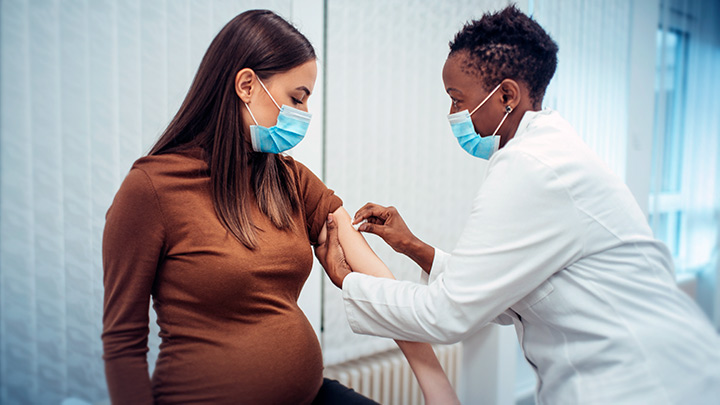Cervical cancer is a major health concern for women worldwide, with over half a million new cases and 300,000 deaths each year. However, cervical cancer is largely preventable through vaccination against Human Papillomavirus (HPV). HPV is a sexually transmitted virus that is responsible for almost all cases of cervical cancer, as well as other types of cancer. The HPV vaccine is a safe and effective way to protect against these cancers, and it is crucial that girls receive it at a young age.
Who should receive HPV vaccine and when?
The HPV vaccine is recommended for girls between the ages of 9 to 45 years of age, preferably before they become sexually active. This is because the vaccine is most effective when given before exposure to the virus, and because it provides the best protection when given at a young age. The vaccine is given in two or three doses over a period of six months, and it provides protection against the 4 to 9 most common cancer-causing strains of HPV depending on vaccine type.
How effective is the vaccine for preventing cervical cancer?
Studies have shown that the HPV vaccine is highly effective at preventing cervical cancer. In fact, the vaccine has been shown to be almost 100% effective in preventing cervical pre-cancers caused by the HPV strains covered by the vaccine. This means that girls who receive the vaccine are significantly less likely to develop cervical cancer than those who do not receive the vaccine. In addition to preventing cervical cancer, the HPV vaccine also protects against other types of cancer. HPV is responsible for many cases of anal, penile, and oropharyngeal cancers, and the vaccine has been shown to be effective at preventing these cancers as well.
Recommended Schedule and types of available vaccines:
Three types of vaccines are available in India presently:
Gardasil: This vaccine protects against four strains of HPV, including two strains that are responsible for 70% of all cervical cancers and two strains that cause genital warts. Gardasil is approved for use in both males and females.
Gardasil 9: Recently introduced in India, the vaccine protects against nine strains of HPV, including the four strains covered by Gardasil, as well as five additional cancer-causing strains. Gardasil 9 is approved for use in both males and females.
Cervarix: This vaccine protects against two strains of HPV that are responsible for 70% of all cervical cancers. Cervarix is only approved for use in females.
All three vaccines are highly effective at preventing HPV infection and the development of cervical cancer. However, Gardasil 9 is the most comprehensive vaccine, as it provides protection against the most cancer-causing strains of HPV.
The typical schedule is 3 doses with the 2nd and 3rd doses given 2 and 6 months after the first dose respectively.
HPV vaccine is thus a crucial tool in preventing cervical cancer and other types of cancer. It is safe and effective and provides long-lasting protection against the most common cancer-causing strains of HPV.

